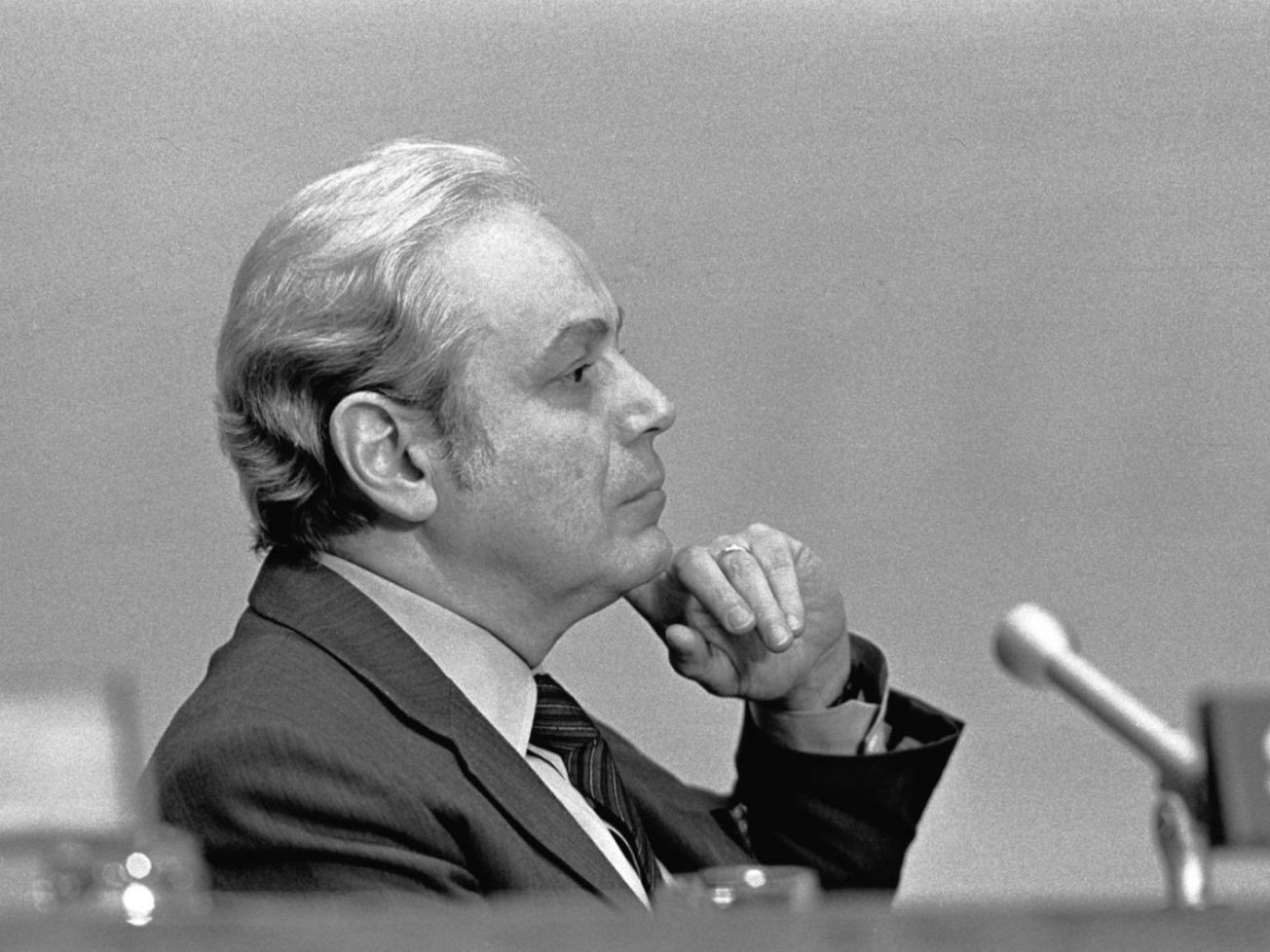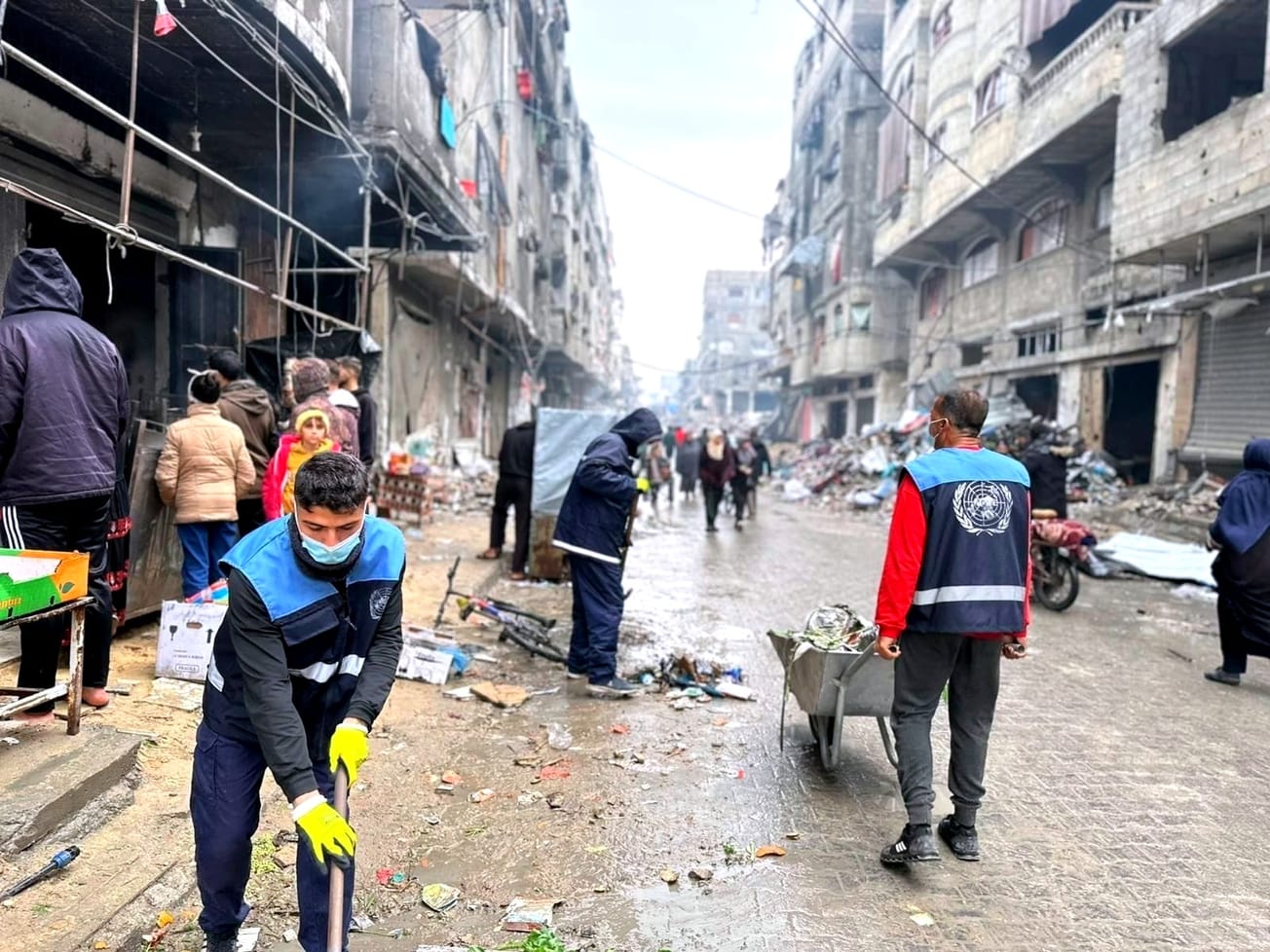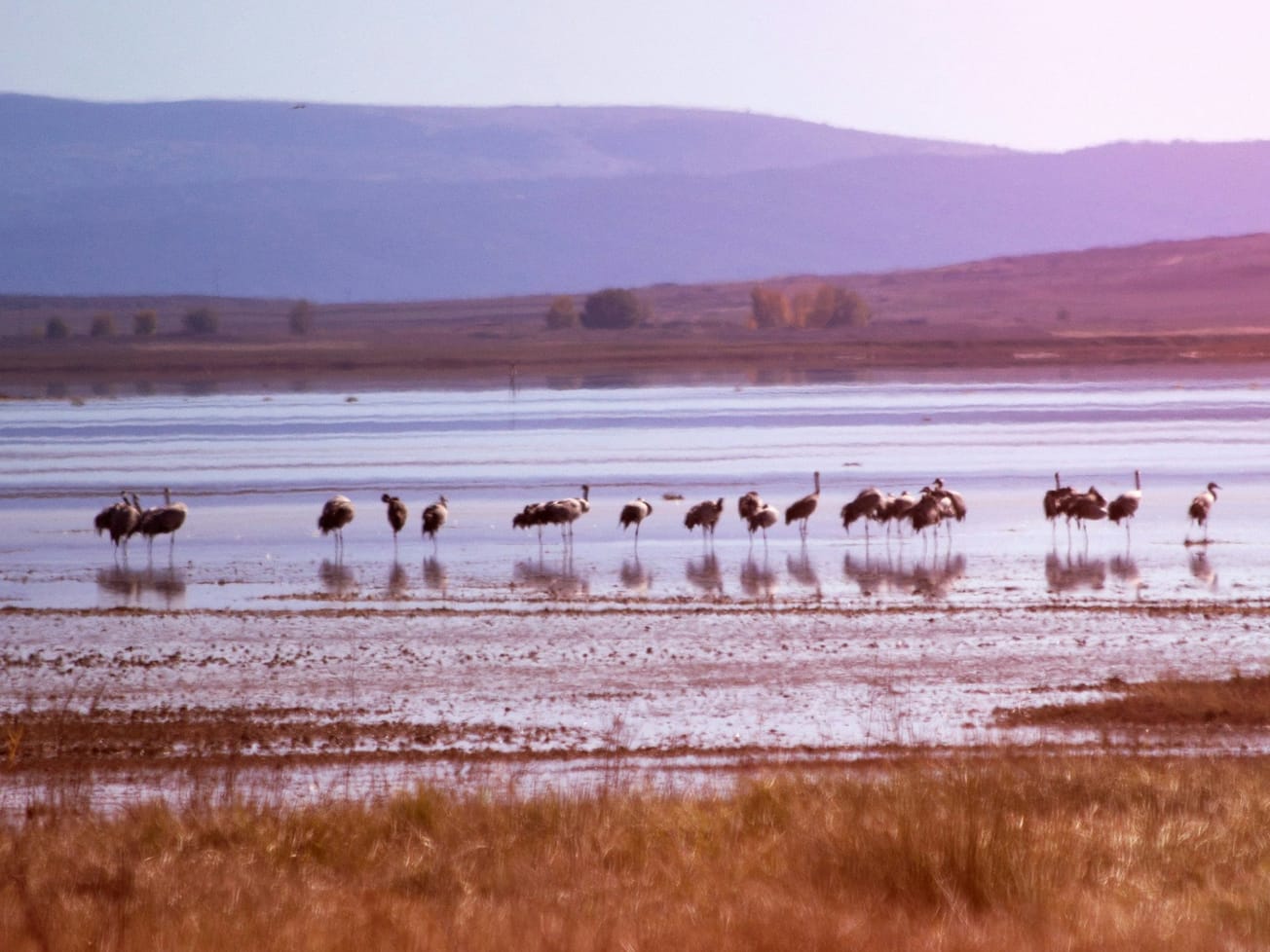UNITED NATIONS (AN) — Javier Pérez de Cuéllar, the fifth United Nations secretary-general from 1982 to 1991 who arranged a cease-fire between Iraq and Iran and helped democracy take root in his native Peru, died on Wednesday at age 100.
The first and only Latin American to become U.N. chief, Pérez de Cuéllar was born in Lima, Peru, on January 19, 1920, nine days after the U.N.'s predecessor, the League of Nations, was created in Geneva as the first global organization dedicated to world peace. His son, Francisco Pérez de Cuéllar, told Radio Programas del Perú that his father died at home of natural causes.









